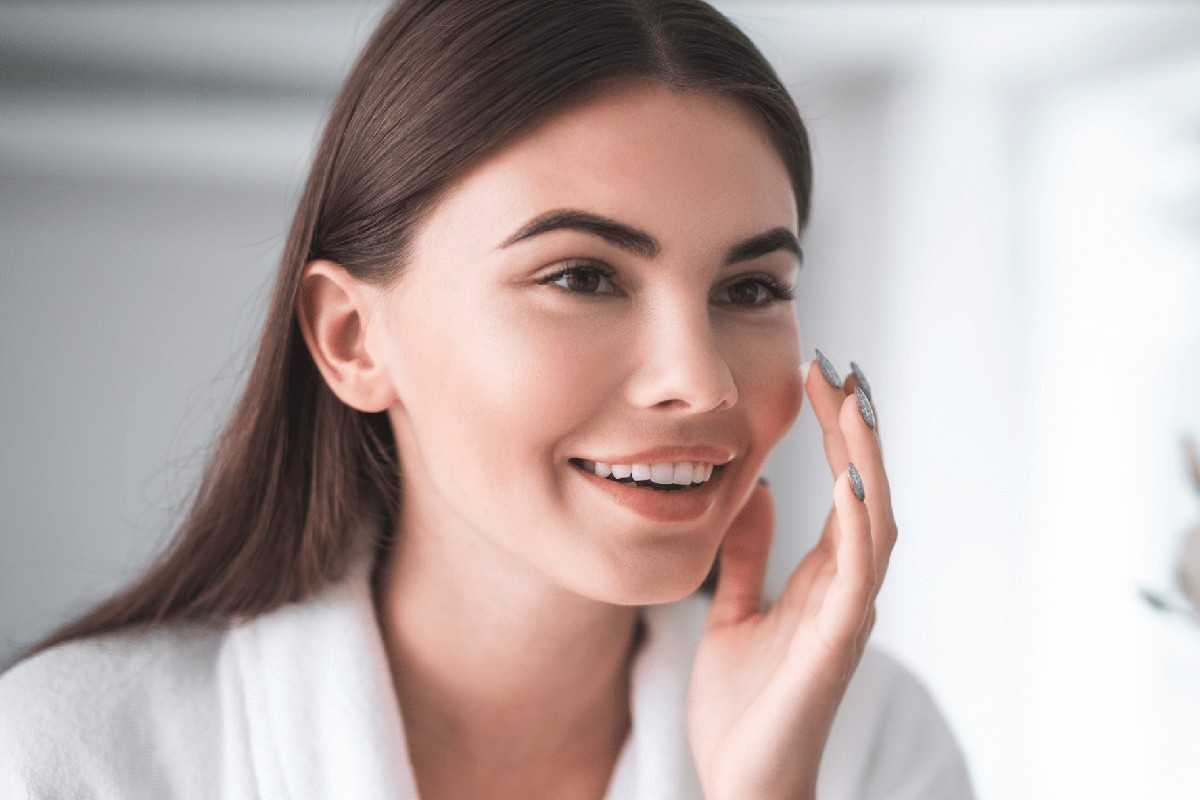

The term “retinol” has become a buzzword in skin care science, appearing in discussions on how to treat fine lines, breakouts, and dark spots.
If you haven’t tried it yet, retinol is the miracle ingredient in anti-aging skin care. But what are the drawbacks? It’s pretty harsh, and after your skin adjusts to its use, it stops providing more benefits. Thus, increasing the application strength is the only way to get the same smooth outcomes in the long run. This sounds like a serious commitment to your skin.
However, a new chemical has been making waves as retinol’s gentle sister, which works similarly strong magic. The cosmetics industry hailed the plant extract bakuchiol (pronounced buh-KOO-chee-all) as a natural, less irritating, vegan option. Retinol vs Bakuchiol has always been a comparison because of its similarity in efficiency.
But could it be as effective as dermatologists’ recommended substances?
Keep reading to learn more about this plant’s miracle ingredient for your skin.
Table of Contents
The Psoralea Corylifolia plant’s leaves and seeds are where you’ll find the vegan skincare component bakuchiol. It has a noticeable calming effect and significantly lessens environmental damage-related skin discolorations. More and more anti-aging skincare products include Bakuchiol because of its ability to soften the look of wrinkles and other signs of aging. Recent studies have shown that all skin types can benefit from the topical application of Bakuchiol, a compound with origins in Chinese medicine.
After washing your face and neck:
Bakuchiol can be taken every day without risk if it causes no adverse reactions on the skin. Reduce the frequency of bakuchiol applications on days when you notice burning, redness, or dryness. Serums, lotions, and face peels are the most common forms in which you can find Bakuchiol. It will help if you decide which one suits you best. For example, serums are thinner and should be applied before moisturizers, while creams are thicker and should be used as a final step in your skincare routine.
In the skincare industry, Retinol vs Bakuchiol, which is better? Most anti-aging skin care products contain retinoids, which may be obtained with a doctor’s prescription and are effective against wrinkles and fine lines. However, retinoid compounds like Bakuchiol, available without a prescription, are much less potent.
By stimulating the skin’s natural renewal processes, topically retinoids can reduce the appearance of fine lines and make the skin appear more radiant. This may cause unwanted consequences like heat, burning, peeling, redness, and dryness.
Unlike retinoids, Bakuchiol does not appear to cause any unwanted side effects. Recent research reveals that Bakuchiol may be less likely to cause irritation and other harmful effects, including redness and flaking, than older formulations.
If you have acne, hyperpigmentation, or sensitive skin, Bakuchiol may be a better option than retinol because it helps renew collagen and improves the skin’s tone and texture.
Many people use Bakuchiol instead of retinol because they believe it is more natural. Bakuchiol is linked to retinol as a possible replacement since it uses similar but not identical mechanisms to achieve similar skin benefits. It is OK to use a product that contains both retinol and Bakuchiol because of their ability to lessen the visibility of fine lines, wrinkles, and other aging symptoms. The benefits of retinol and Bakuchiol complement one another, and Bakuchiol’s calming effects can increase the skin’s tolerance to varying retinol concentrations.
Bakuchiol is excellent because it works for all skin types, even the most sensitive ones. Even though it’s a natural, mild ingredient, you should always do a skin test 24 hours before using a new product.
And while it’s great for all skin types, individuals with oily or older skin will see the most improvement from using it. Bakuchiol’s ability to boost cellular turnover, thereby reducing the accumulation of dead skin cells and germs in our pores, makes it a helpful treatment for oily skin.
Because of its capacity to stimulate collagen synthesis, it is especially beneficial for mature skin types. This results in lessening the visibility of fine lines, wrinkles, and pigmentation.
There are five different retinoids, each with its unique benefits. While tretinoin and tazarotene require a doctor’s prescription, retinol is sold without one. Some of the retinoid’s advantages are as follows:
Brighter skins are the result of increased cell turnover, improved texture, lessening fine wrinkles, and lightening hyperpigmentation. The skin’s firmness and elasticity may increase to some degree. It’s worth noting that Bakuchiol offers a few advantages beyond those of retinoids:
You should not replace retinoids if they are effective; however, Bakuchiol is a fantastic option for anyone who experiences negative reactions to retinol. Furthermore, Bakuchiol products do not have the same potency as those available through prescription.
Bakuchiol may be an excellent option for vegans and those sensitive to retinoid products.
Those with thicker skin can still mix and match their products as long as they are compatible. You can add retinol to the routine once your skin has adjusted. Bakuchiol and retinol are complementary substances used jointly in particular situations.
After all, there isn’t much to choose between the ingredients because they’re all relatively identical. Most experts use the word “similar” to describe the relationship between the two. When using the right products, picking between the two options may not be necessary.
In the relentless pursuit of entrepreneurial success, it’s easy to overlook the most vital asset—yourself.… Read More
A barrel sauna isn’t just a visually striking wellness addition—it’s an efficient and highly functional… Read More
Technology is an integral part of most teenagers' lives today. While devices and social media… Read More
LASIK is one of the most popular vision correction surgeries that offers you freedom from… Read More
Plumbing issues can arise unexpectedly, and understanding the costs involved is crucial for homeowners and… Read More
Skin aging is often associated with external factors like sun exposure and pollution, but inflammation… Read More